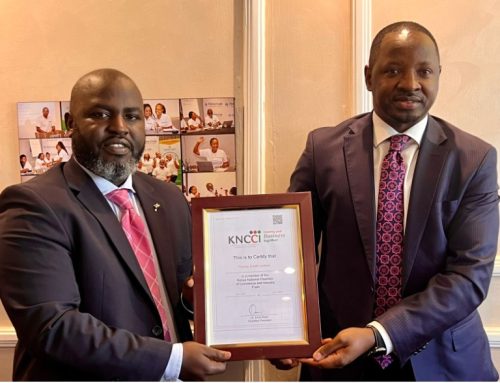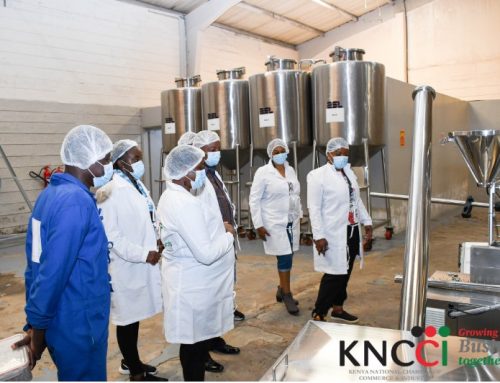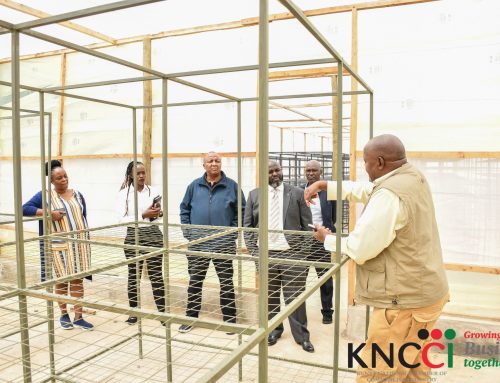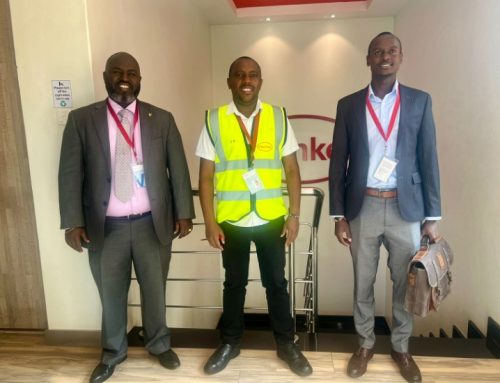Nothing has been more devastating in our lifetimes as the complete closure of many sectors of our economy.Everywhere you look, there is a business closed, which means lost jobs and opportunities. No one knows just how much longer it would take before we can enjoy a meal or drink in a restaurant, or even the more basic handshakes.While the coronavirus pandemic has brought the ultimate test for survival, it has found businesses with coping mechanism and a knack for survival developed over recurrent election cycles.
The lessons gained from these crises will be key in overcoming the present troubles. In a way, the ubiquitous informal sector, where most of the small businesses ply their trade, has invariably been immune to such crises.This has in turn made the informal sector a critical safety net in moments of upheavals, ensuring that jobs are not lost. But this is a different crisis, one that has confounded economists and policymakers.
The global economy is officially in recession, according to the International Monetary Fund (IMF).Millions of jobs in the travel, real estate and hotel industry have been lost as businesses have bolted their doors following stringent containment measures aimed at curbing the spread of the respiratory disease. A dusk-to-dawn curfew has reduced businesses hours, with most businesses forced to cut orders.
Export of horticulture, tea and coffee -main sources of foreign exchange reserves -have plummeted as Europe and North America remain under lock-down. Inflows from tourists have fizzled out. It is a matter of time, warns Central Bank Kenya, before Diaspora earnings are also curtailed.
As a result, reputable institutions have been forced to significantly revise downwards their growth projections for this year, painting a grim picture in which the economy might for the first time in over 40 years plunge into a recession.
The most optimistic growth for 2020 has been from National Treasury at 2.8 per cent, lower than the projected 6.3 per cent.Consequently, the informal sector, which for long has appeared untouched by any financial upheavals, will also be hit hard.And given that over 80 per cent of Kenyans eke their living from the informal sector, it is important that urgent measures are taken to cushion small businesses from being ravaged by the pandemic.For small businesses, the greatest challenge has been cash flows as they run low on incomes and have to meet the usual list of expenses from paying workers, utilities, rent and servicing loans.At the Kenya National Chamber of Commerce and Industry, we help any businesses that face challenges by guiding them on how to go about it to save the extra cash and maintain their cash flow during these difficult times.
Besides expenses, businesses are also facing the challenge of getting income since people have reduced spending to stockpile cash due to uncertainties and some have lost work and buying power as a result.If businesses can manage their cash flows and target their customers in their homes, we stand a good chance of not only getting through this pandemic, but also flourishing once we put it behind us as we would have learnt to survive with a shoe string budget while expanding and targeting our customers better.Private equity The World Bank states that in addressing the solvency problems of SMEs in the event of a prolonged crisis, it will direct compensation through grants to viable firms and/or sectors that were hit hard by Covid-19, it will also offer indirect support through loss-sharing mechanisms and other forms of leverage funding and stimulate private equity investment.The Central Bank of Kenya (CBK) states that it is working on a viable guarantee scheme that will have the Government underwrite loans that banks extend to riskier SMEs. CBK Governor Patrick Njoroge said the scheme would be unveiled soon. This is yet another great move that will help inject life into SMEs.
We request that authorities hasten the process of rolling out this scheme as this will ensure credit continues flowing to small businesses.This together with forbearance of blacklisting of loan defaulters at Credit Reference Bureaus (CRBs) will go a long way in helping SMEs weather the Covid-19 storm.
Mr Ngatia is the President of Kenya National Chamber of Commerce and Industry







Leave A Comment